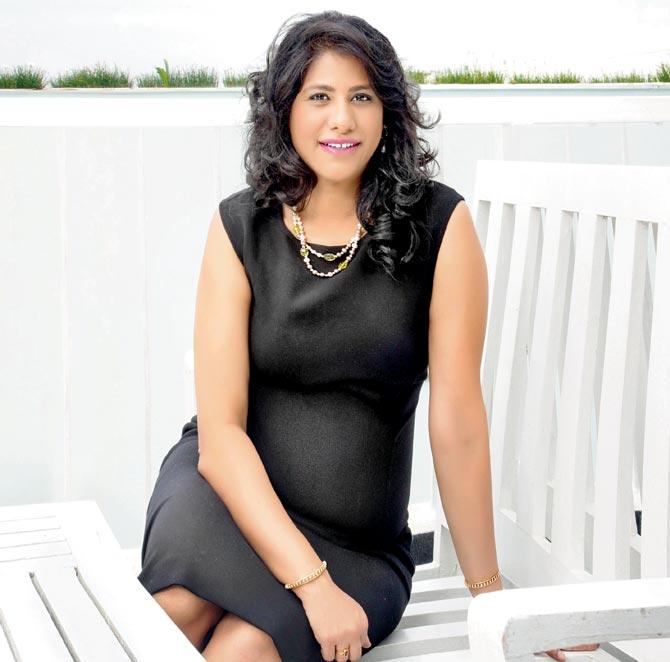Is algorithm-predicted romance taking away from the spontaneity of falling in love? Find out at this panel discussion

Simran Mangharam, Roland Mascarenhas, Naina Hiranandani

ADVERTISEMENT
The spectrum of dating, relationships and marriage in India today is as diverse as it can possibly be. While being in a relationship of one's choice is still beyond imagination in some communities and regions, an increasing number of working professionals are now turning to technology to find fulfilling companionship. But when accepting or rejecting love seems as simple as swiping right or left, what happens to the idea of finding someone the organic way? A panel discussion on the topic, Does Technology Hurt or Help Romance? will explore the myriad facets of using technology for relationships, through four experts in the field.
 Roland Mascarenhas
Roland Mascarenhas
"With so many people migrating to cities like Mumbai for career prospects, they are seeking the help of technology to beat their loneliness," says Roland Mascarenhas of Global Shapers Community (GSC), an initiative of the World Economic Forum, which has organised the discussion. "The hook-up culture in Indian metros is unique. Given the long working hours and traffic conditions, a social life on weekdays is ruled out for many. And on weekends, people prefer to live in their own bubble of close friends. But what transpires in the world of app-based dating has an underlying human dynamic that no one usually talks about," he adds.
 Naina Hiranandani
Naina Hiranandani
While Gourav Rakshit, CEO, Shaadi.com, will share his perspective on the relevance of matrimonial websites in the age of Tinder and Hinge, Chhavi Sachdev, creator of LSDCast, a podcast that explores love, sex and dating, will bring a media-focussed understanding of the topic. Naina Hiranandani, executive vice president of Sirf Coffee, a bespoke dating service for professionals, will discuss why finding meaningful relationships cannot be about algorithms. "Technology works best with a lot of human effort involved. We — and many modern, truly global, working Indians — believe that deep conversations cannot be had with a stranger on an app," says Hiranandani. She goes on to talk about the phenomenon of ghosting, where if someone doesn't like a person they have gone on a date with after interacting online, they simply block the person instead of ending things on a dignified note. "Thanks to ghosting, the element of closure is gone," she adds.
 Simran Mangharam
Simran Mangharam
Simran Mangharam, co-founder of Floh, a service that organises engaging events for like-minded singles, too, believes that the job of technology must be that of an enabler. "Finding fulfilling relationships has to be a hybrid of online and offline, where technology should facilitate the post-meeting communication instead of the other way round, where there is often a lot of disappointment in store," she shares.
Apart from the new-age matchmaking, the panel discussion will also touch upon how men and women face unique problems with technology, and if there is a need for a clear manual for the language used in such communication.
 Subscribe today by clicking the link and stay updated with the latest news!" Click here!
Subscribe today by clicking the link and stay updated with the latest news!" Click here!






